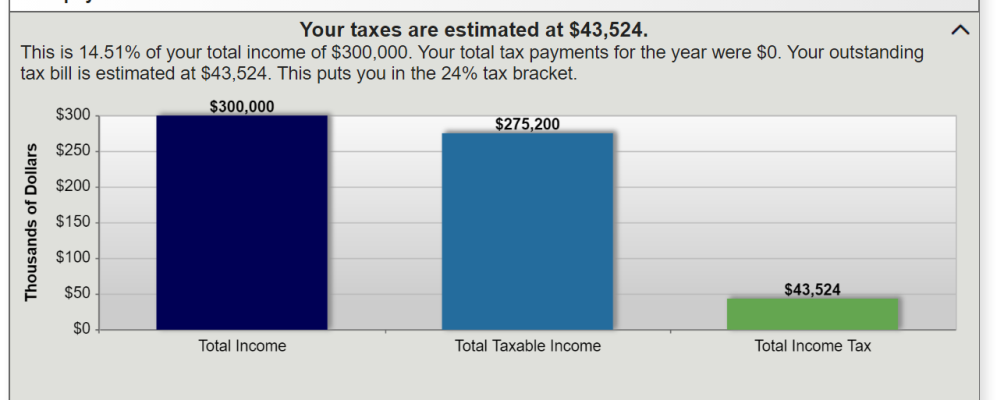MichealKnight
Full time employment: Posting here.
- Joined
- May 2, 2019
- Messages
- 520
Greetings and Salutations to one and all.
So I've Googled. I've looked. I can't find clear language. So here I am to ask the wise and the scholarly....
"Married, Filing Jointly"
The rules say that "if your taxable income is 0-$80,000, then your dividend taxes are 0%".
My question....
Let's say your job pays you $79,000. Does that mean that your dividend taxes are 0%
Or, does "taxable income" include dividend income? In which case....if your job pays you $50,000.... then you only have $30,000 in 0% tax on dividends?
Any insight would be appreciated.
So I've Googled. I've looked. I can't find clear language. So here I am to ask the wise and the scholarly....
"Married, Filing Jointly"
The rules say that "if your taxable income is 0-$80,000, then your dividend taxes are 0%".
My question....
Let's say your job pays you $79,000. Does that mean that your dividend taxes are 0%
Or, does "taxable income" include dividend income? In which case....if your job pays you $50,000.... then you only have $30,000 in 0% tax on dividends?
Any insight would be appreciated.


 <-- I was looking for a "thumbs-up" but we have very few positive emojis available!
<-- I was looking for a "thumbs-up" but we have very few positive emojis available!